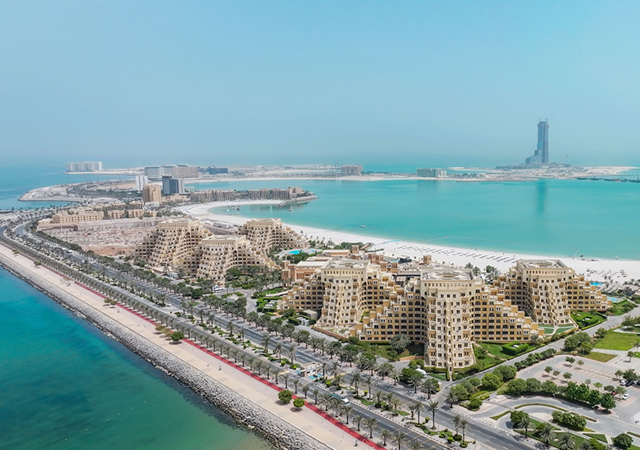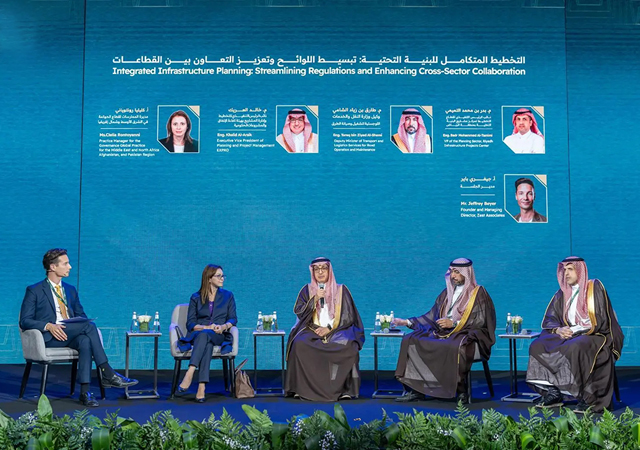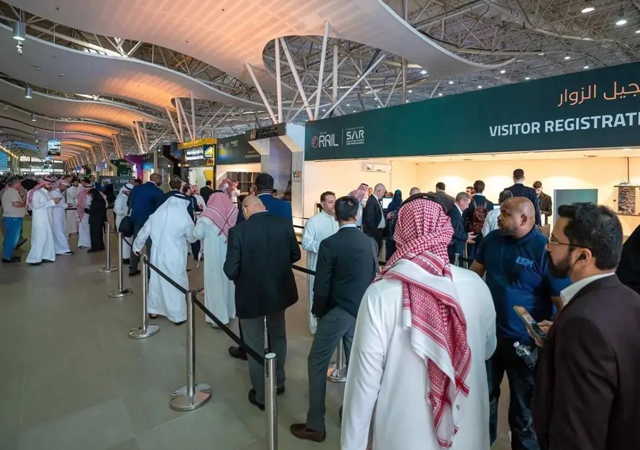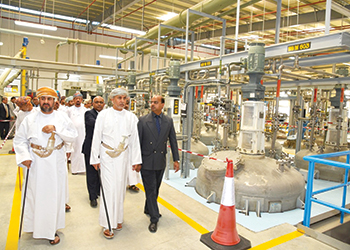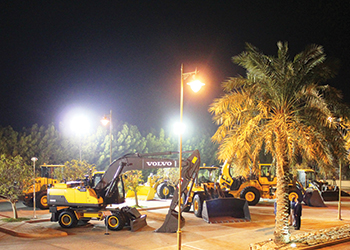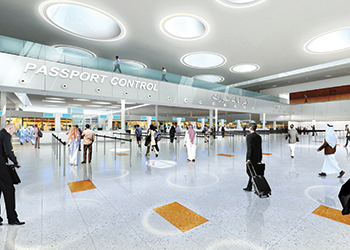
The value of contracts awarded in the GCC is set to drop sharply by 15 per cent in 2016 as low oil prices hit government spending plans, according to the latest forecast by Meed Projects, the region’s leading project tracking service.
The forecast, which is based on more than 2,100 planned and unawarded projects in the region, predicts that the total value of contracts will fall to $140 billion this year, compared with $165 billion for the whole of 2015, it stated.
According to the report, the worst hit will be Saudi Arabia, which is forecast to drop by almost a fifth (nearly $10 billion) to $40.7 billion in 2016.
The kingdom has seen its revenues fall in line with the oil price, and in its 2016 budget says that forecast revenues will be SR513 billion ($137 billion), almost SR100 billion ($27 billion) lower than last year.
At the same time, budgeted spending of SR840 billion ($223 billion) will be far below the estimated SR975 billion ($259 billion) expenditure of 2015, it added.
The UAE, buoyed by continuing spending in the Dubai real estate and infrastructure sectors and long-term strategic spending in the Abu Dhabi oil and gas sector, is forecast to see contract awards fall slightly to $36.5 billion from $37.4 billion, the Meed report said.
Dubai’s commitment to its long-term vision will ensure that spending on projects is maintained despite the worsening financial situation, it added.
The third largest projects market in the GCC will be Kuwait at $24.3 billion, down from a record high $31.5 billion in 2015. It will be followed by Qatar, which will see contract awards fall by $7 billion to $22.2 billion.
While the two markets will perform worse than last year, their 2016 forecast is still considerably improved on their five-year spending average, said the report.
Oman and Bahrain are anticipated to maintain last year’s spending levels, recording $13.5 billion and $2.8 billion respectively, although their comparatively small sizes mean that this will have a relatively small impact across the region as a whole.
“With oil prices hitting 11-year lows, there is no real surprise that project spending is forecast to fall in 2016,” remarked Ed James, the director of content and analysis at Meed Projects. “However, it does mean that it will be a tough 12 months for companies in the sector as the number of project opportunities is reduced.”
James said as a result of falling revenues, governments are expected to prioritise public-private-partnership (PPP) projects and schemes that use other forms of funding, such as export credit agency and contractor financing.
There are some positive drivers, however, according to James. Spending on power and water projects as well as social infrastructure investment, will be stable to maintain economic diversification and job creation efforts.





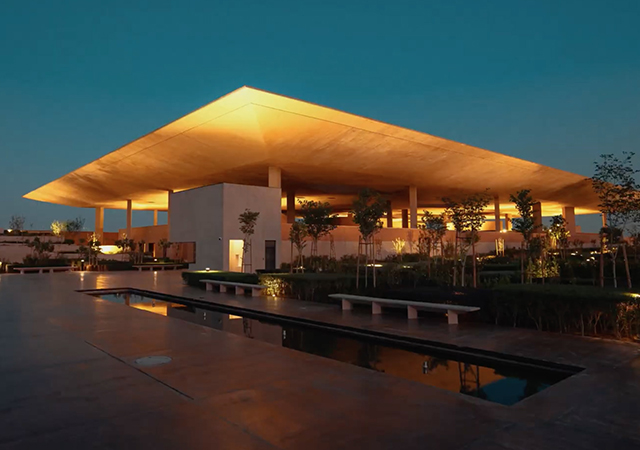



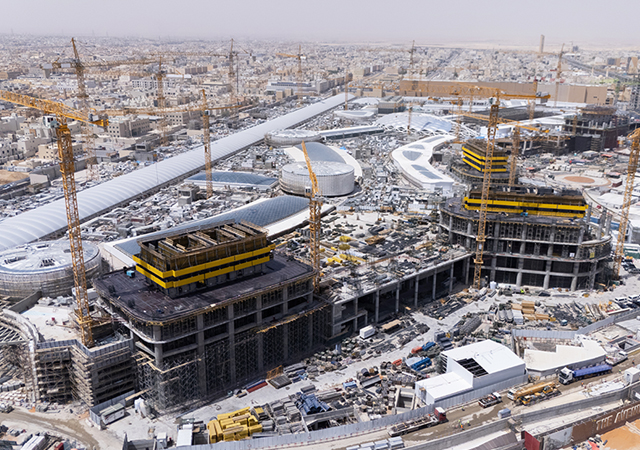
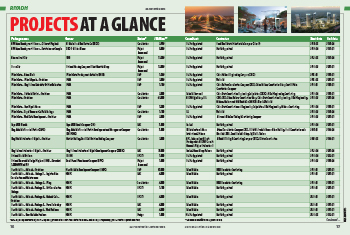
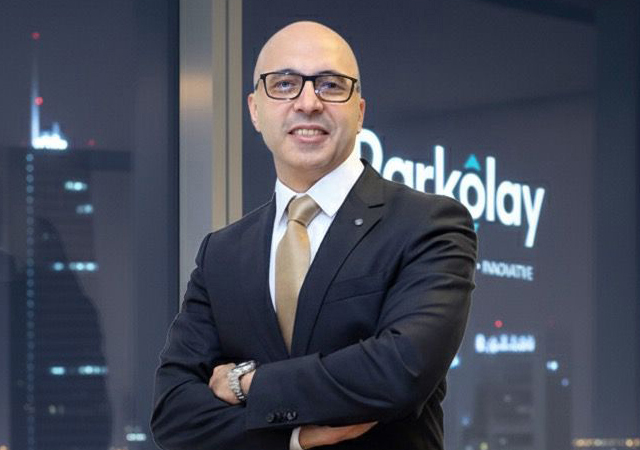
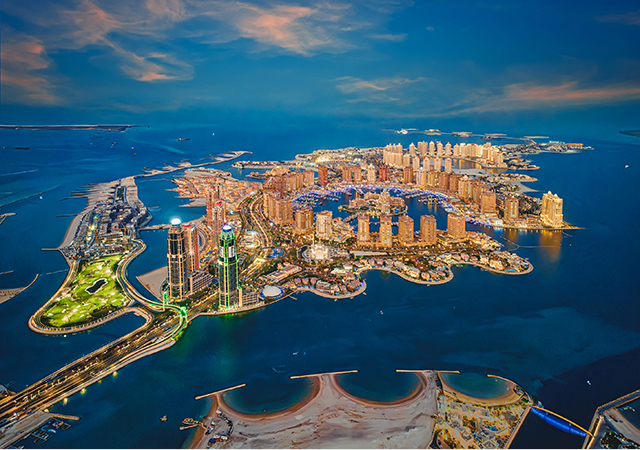


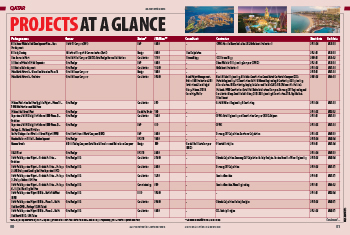
.jpg)



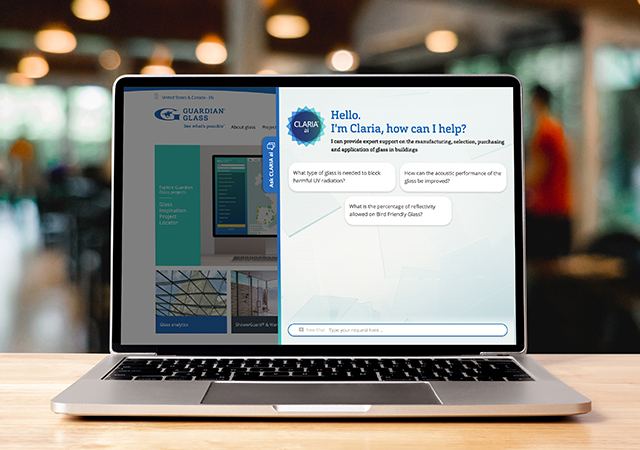


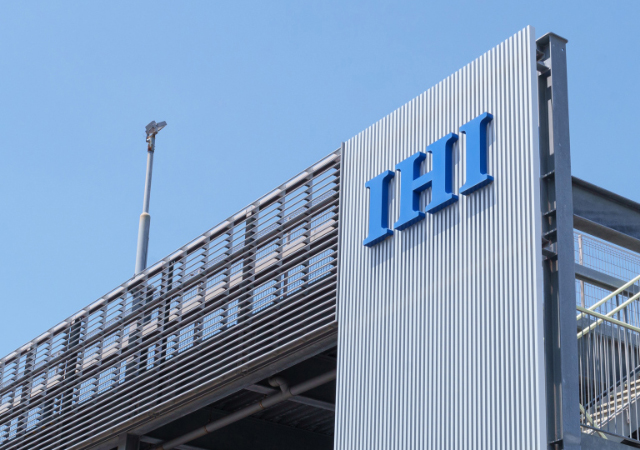
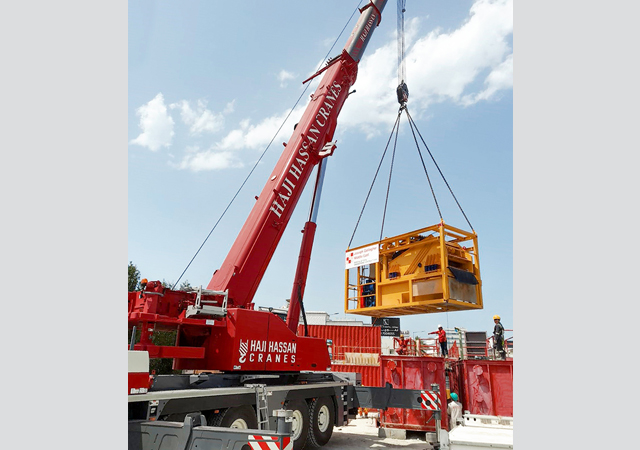
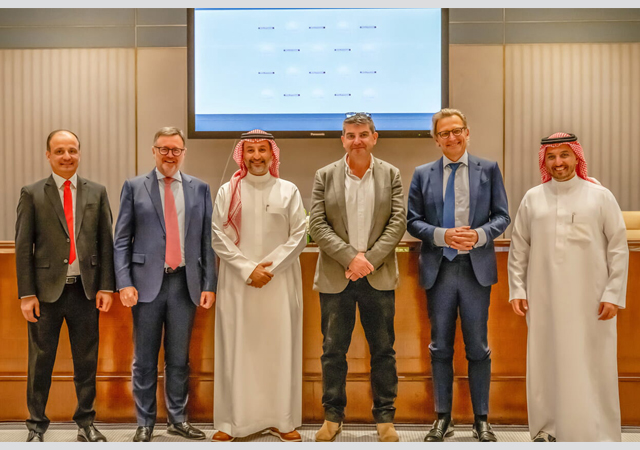


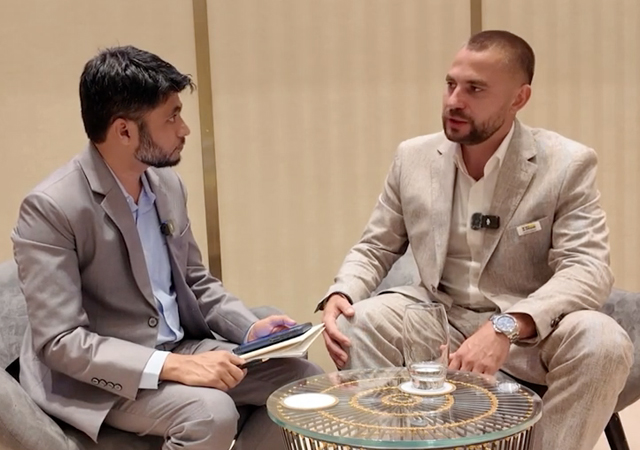
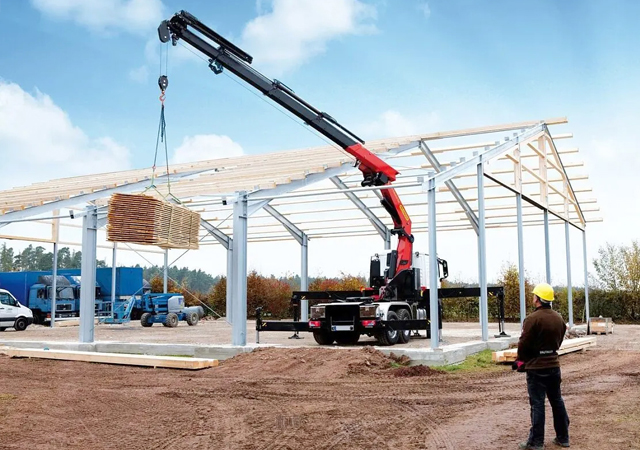
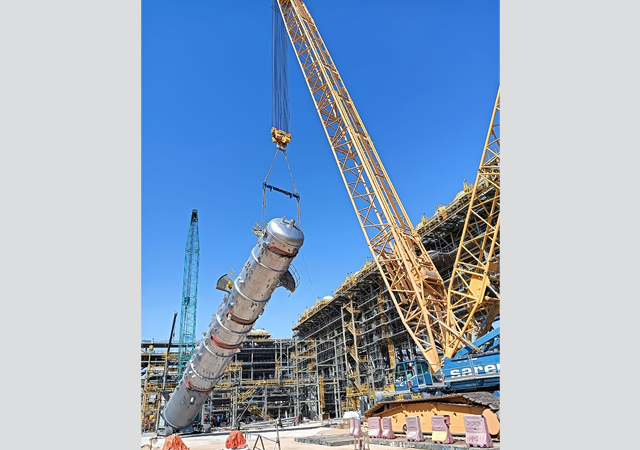
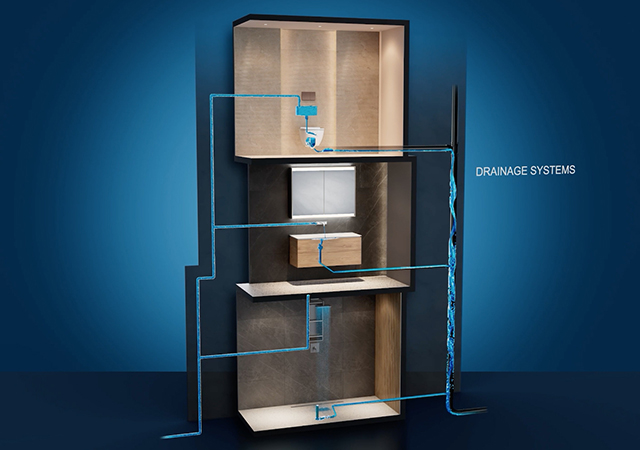
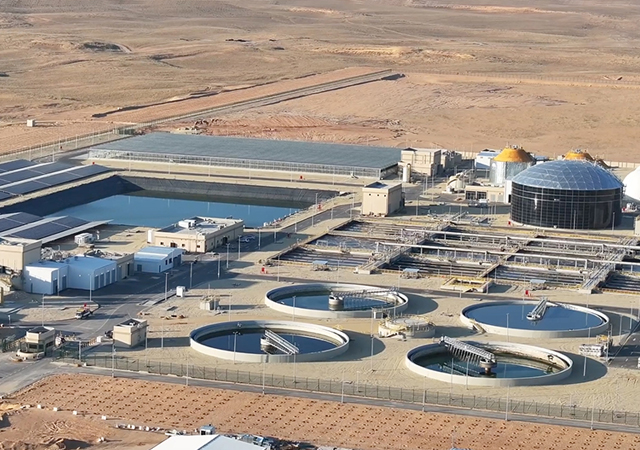

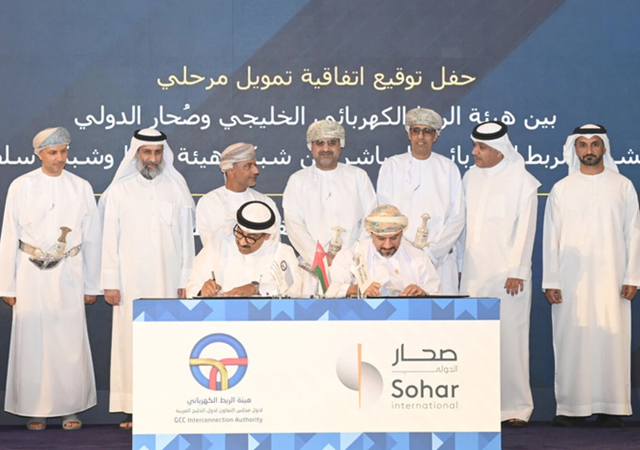

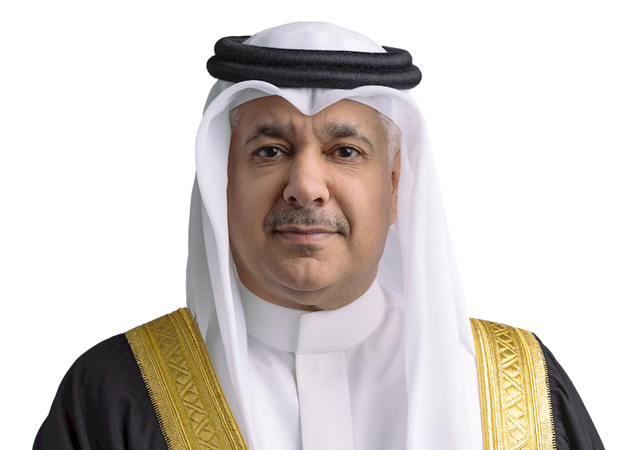
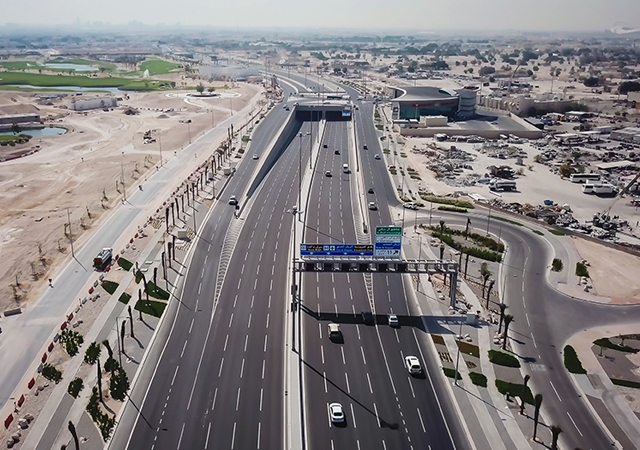
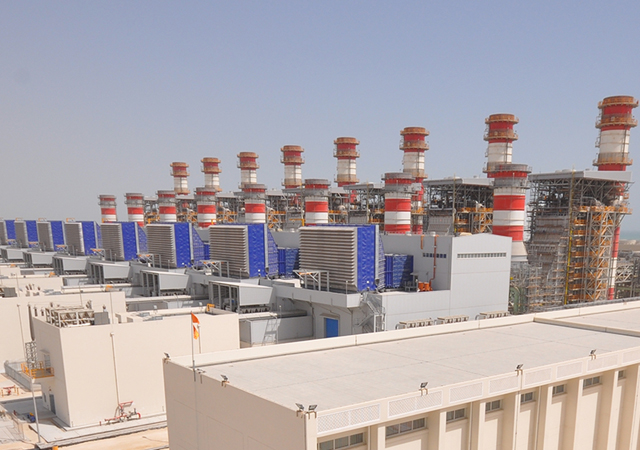
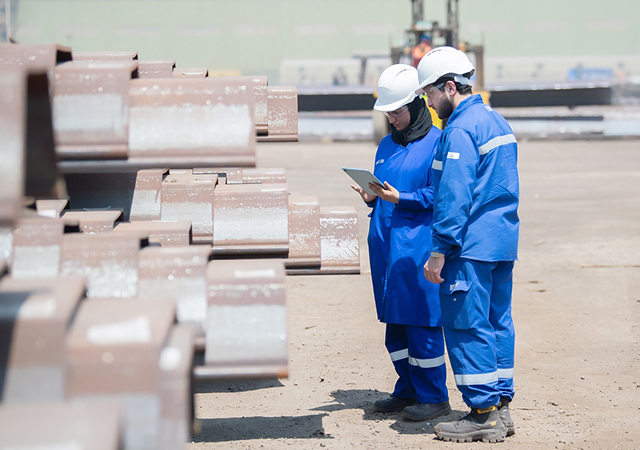
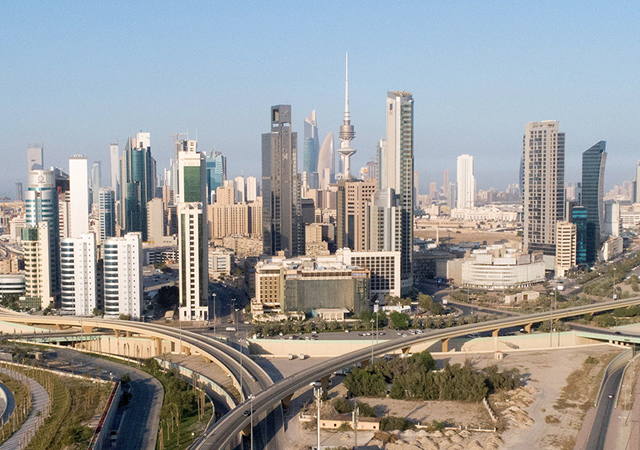
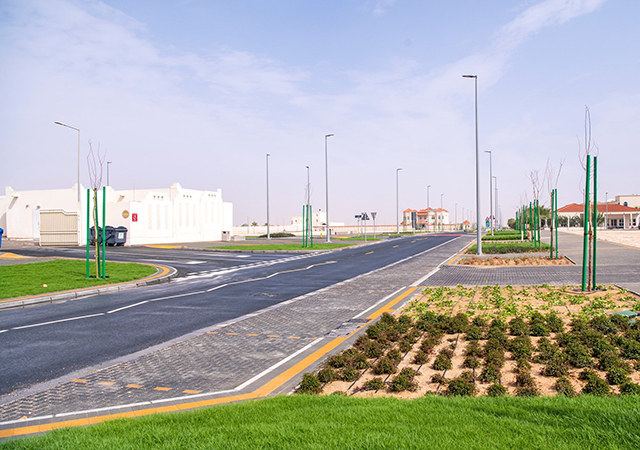
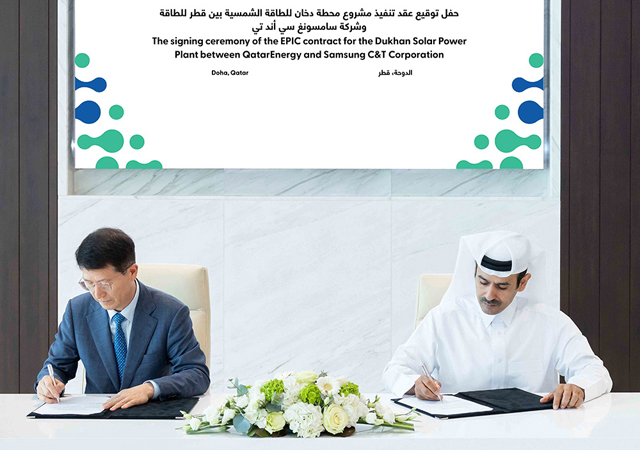
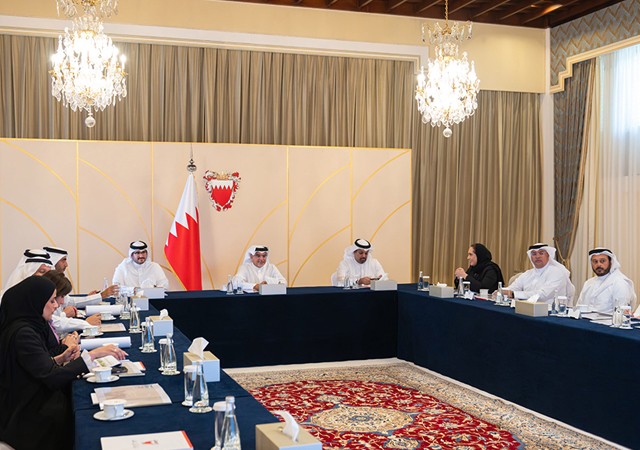

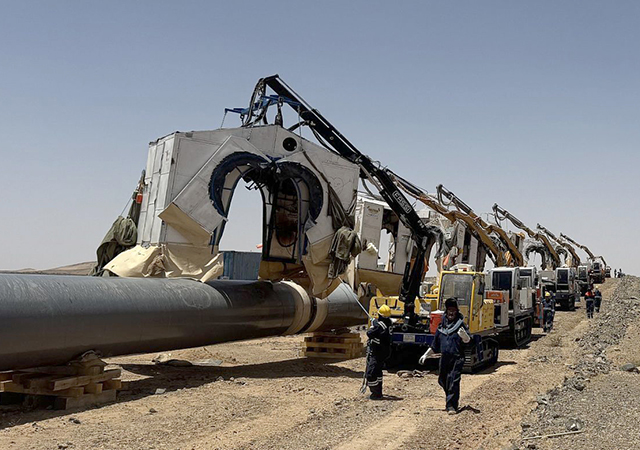
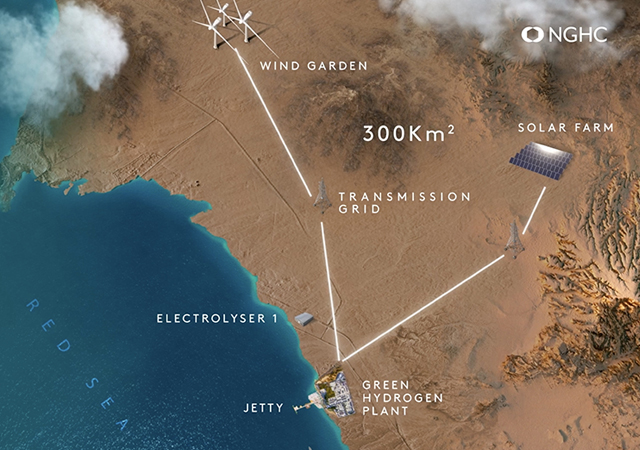
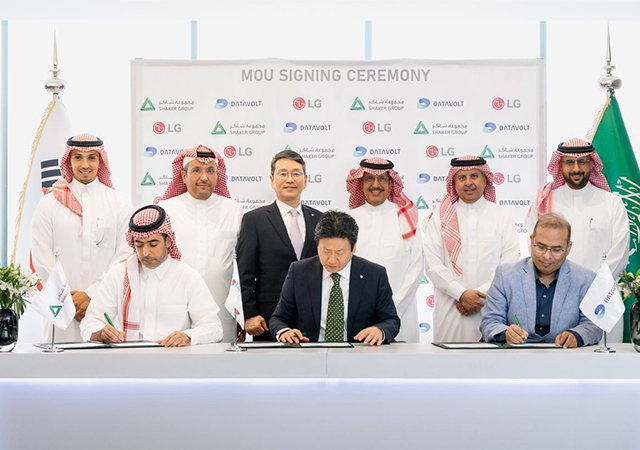
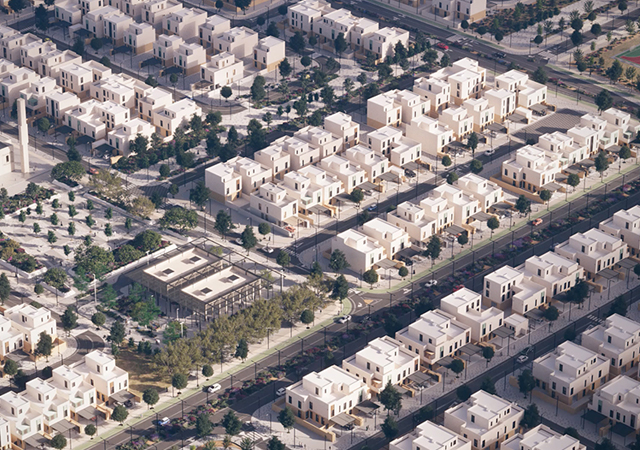
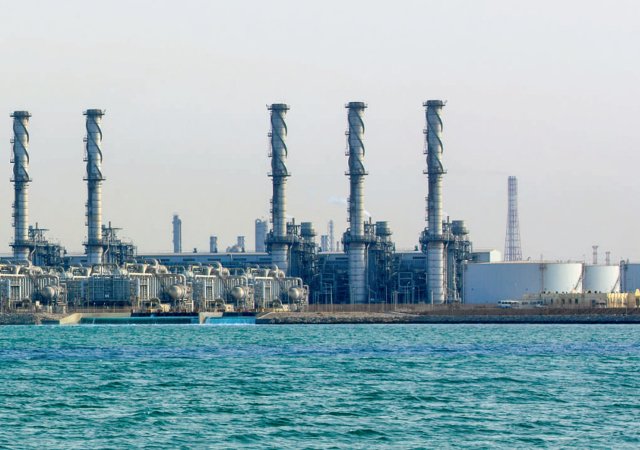

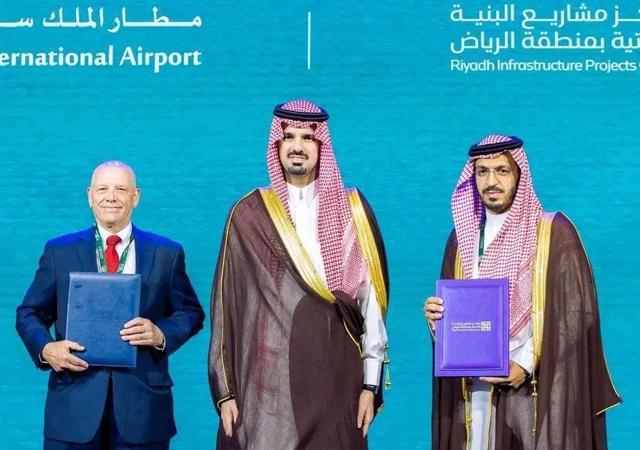
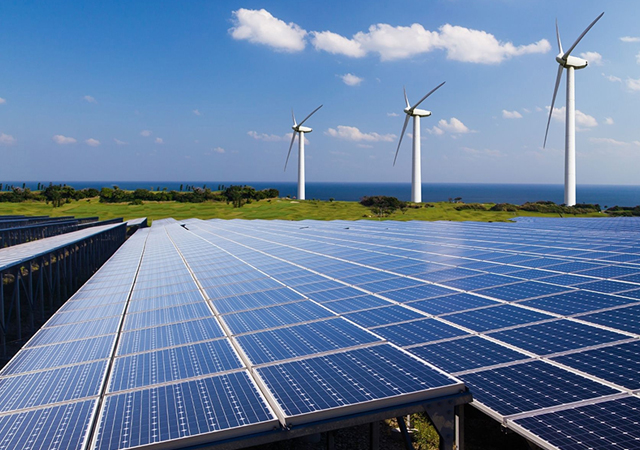
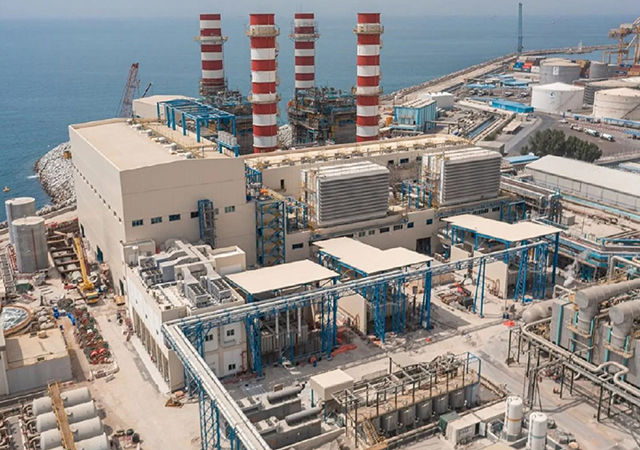
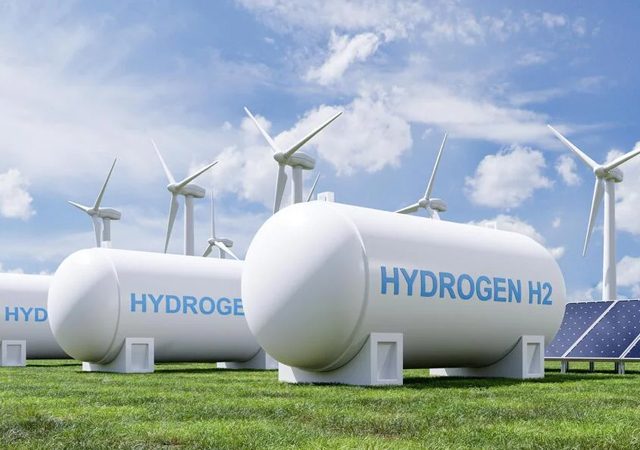




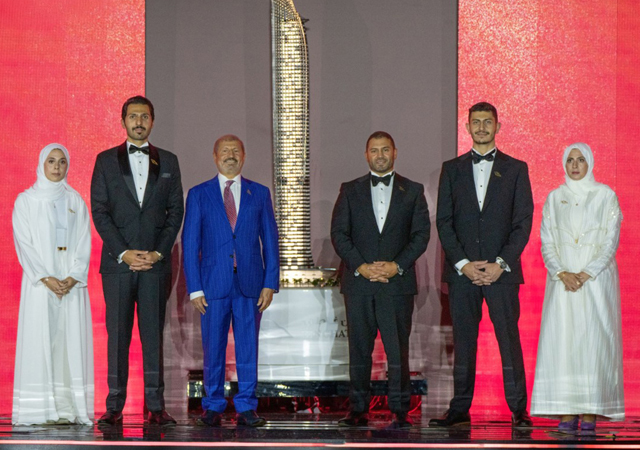





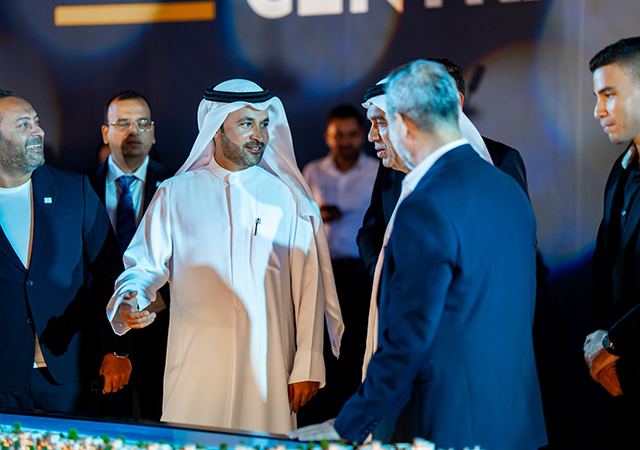
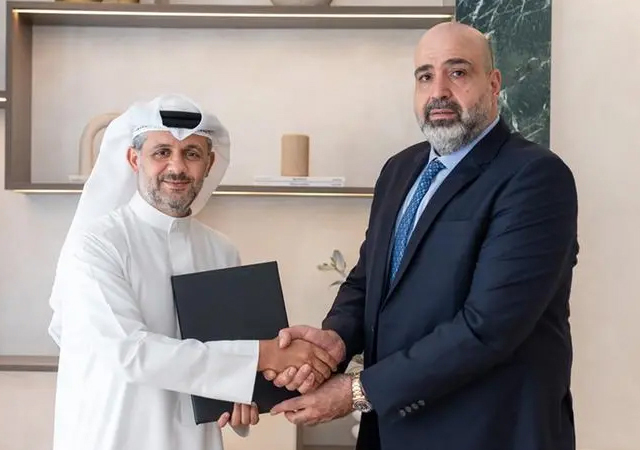

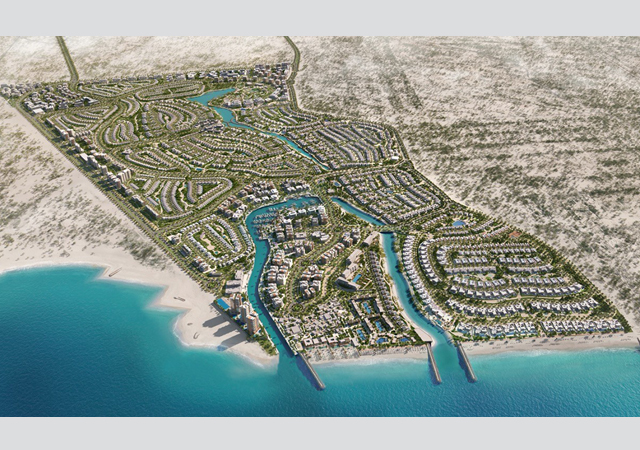
.jpg)

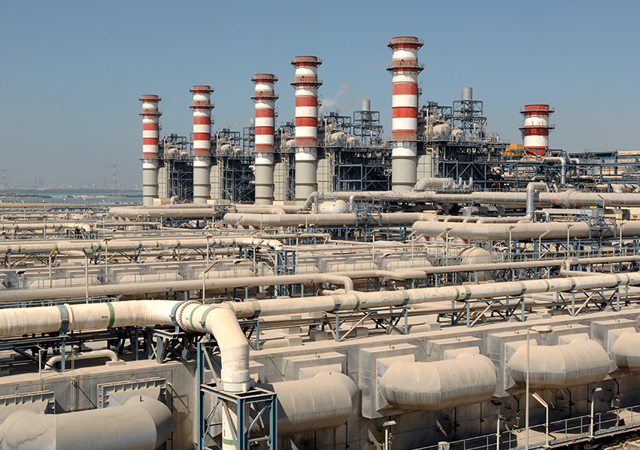
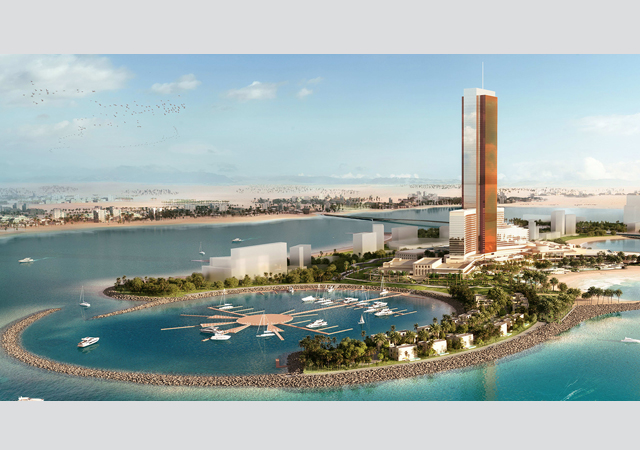

.jpg)
